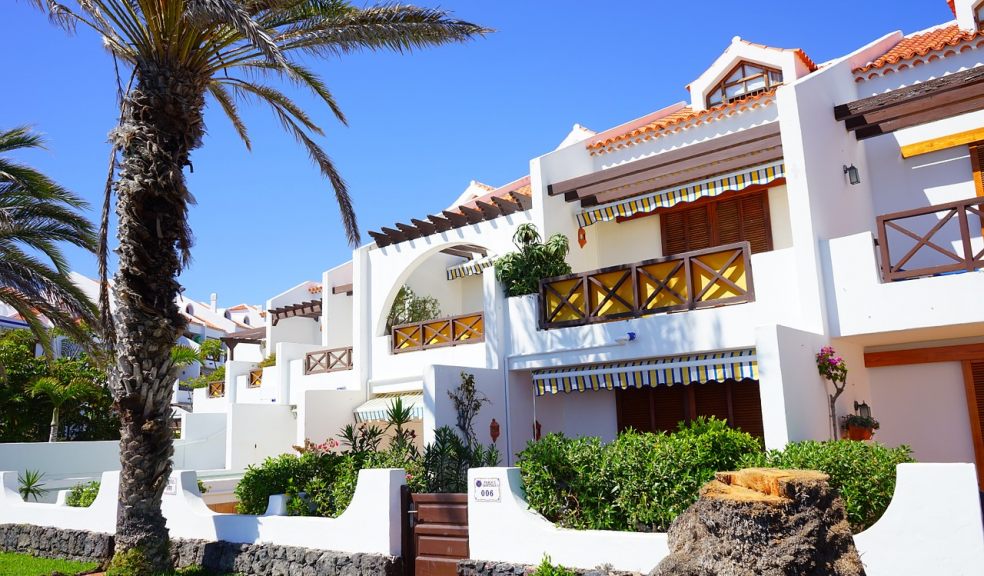
Investing in property overseas: What you need to know
So you’ve decided to invest in property overseas, that’s exciting! Whether you are going to take the plunge and move out to a new country and a different way of life or use your property as a second source of income and holiday home, there’s lots to think about before you sign any paperwork. Here’s what you need to know about the process:
Reputable estate agents
It’s imperative that you locate your property through a reputable expert, and you should be able to locate one in any country – click here for a good example of one such expert, located in Portugal. These estate agents should be able to offer advice on where to buy, as well as pointing you in the direction of a good legal service that can assist with all the paperwork and negotiating
Legal advisor
It’s important that the person dealing with the legal side of your property purchase speaks the language and has excellent knowledge of the local property laws. Do your research before agreeing to work with anyone, look for reviews of their services and if you can ask a local if they know of anyone competent enough to help, then do so.
Developers and purchasing incomplete builds
In the late 2000s, the Spanish property market was plagued with liquidation and the incompletion of hundreds of new builds, meaning many people were left out of pocket and only just starting to see any sign of getting their money back.
Therefore, it’s important that history does not repeat itself, so when you are looking at property for sale in Portugal, particularly if you're considering purchasing an unbuilt property, you should proceed with caution and ensure you feel confident working with the developer undertaking the build. If they do not contact you regularly with updates, or respond to your questions, it’s a good idea to take this as a cue to look elsewhere. Legal support can also dull the pain should something go wrong, and protect you when it comes to deposits and payments.
Tax
It’s important you understand what you will need to pay, in terms of tax, when investing in property overseas. If you are renting out the property you will need to pay income tax, potentially in both countries you own property in. If you sell your property abroad you will also need to pay Capital Gains Tax – a tax that is paid whenever you sell something that has increased in value and can be considered an asset.
Mortgages
You will need to set up a bank account in the country you are purchasing property in to obtain a mortgage. But bear in mind to pay this each month you will need to move money between your account back home and to this foreign account, therefore converting the currency – which could incur further costs. Most people will work with their mortgage broker, who will contact them each month when they know what the exchange rate is and therefore how much the mortgage rate will cost that much.














